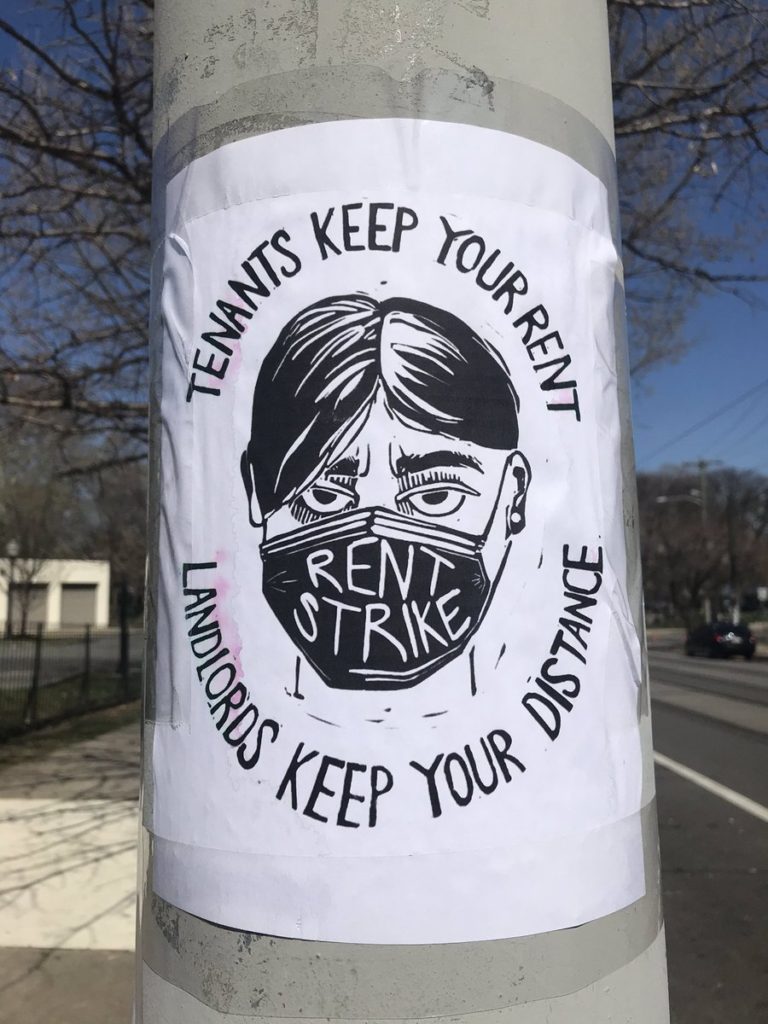
Friday, May 1
There is apparently a major fire or some similar mishap in this neighborhood. Only a little while ago, there was absolute silence—now, there’s an eruption of fire-engine sirens and horn honking, all very similar to the cacophony that is common in the Union Square area of Manhattan. I’ve wandered around on the internet, looking at the local news site Long Island Patch and elsewhere, but so far there’s no indication of what’s going on. I suspect we may never know.
For the first time since 1998, the World Bank says, global poverty rates are forecast to rise. By the end of the year, 8 percent of the world’s population, half a billion people, may be pushed into destitution, largely because of the pandemic, the United Nations estimates.
There is poverty here too, in spite of the Hamptons’ reputation as a playground for spoiled kids and their rich parents. Mansions certainly do exist, but there are also modest houses and notices of food banks at the churches, libraries, and IGA groceries. “The need for food from our pantries has tripled,” says the Clamshell Alliance, a local charity.
In our immediate area, there are plenty of shotgun-style dwellings with pickups and vans in the driveway. Many of the houses seem too small to warrant the number of vehicles parked outside: mom, pop, and grown kids still living at home, maybe? Lots of these vans and pickups bear the names of small plumbing, construction, or electrician companies. Many of our neighbors appear to be representatives of an aristocracy of labor—people who are self-employed or at least able to avoid the most exploitative and punishing forms of work.
Labor Day—or May day—was once an occasion for working class protest and solidarity. Today, it is the date for a confounding and confusing set of protests: in Michigan, hundreds of protestors, some toting weapons, have invaded the state capitol, demanding an end to the COVID-19 lock-down. According to Politico, “Operation Gridlock,” was organized by the Michigan Conservative Coalition and the Michigan Freedom Fund, a DeVos family-linked conservative group.
Meanwhile, in New York, Pennsylvania, and California, thousands are protesting against the payment of rent during the pandemic. “The protest is expected to represent the largest coordinated rent strike in America in decades,” says The Guardian.
Ray Brescia, a law professor at Albany Law School, penned a rent-strike how-to that appeared in this morning’s New York Daily News. His bottom line: tenants must withhold rent, get landlords to negotiate with them as a group, and go to court together, taking advantage of a backlog of cases that could last for years, giving tenants even more leverage. But what could they get? The author, who claims to have run rent strikes for 14 years as a New York City legal aid attorney, should give us a little more information about possible outcomes that are more than just wishful thinking.
Dinner: leftover meatballs and pasta, a lentil salad with roasted red peppers and pecans, and another salad of lettuce and avocado.
Entertainment: More episodes of Norwegian thriller Occupied, and the second episode of Brit police procedural Collateral.
